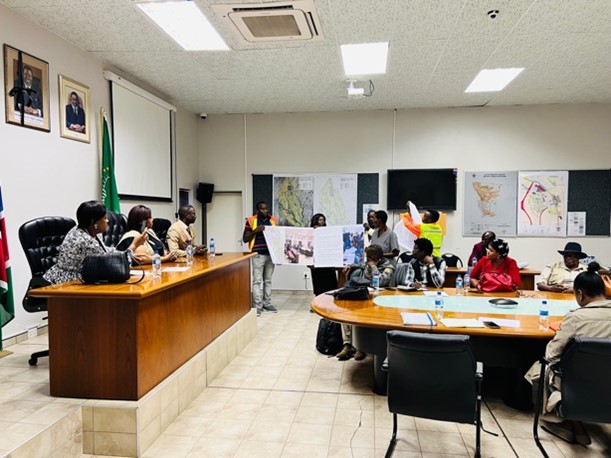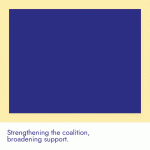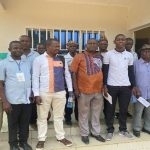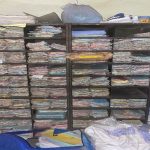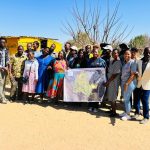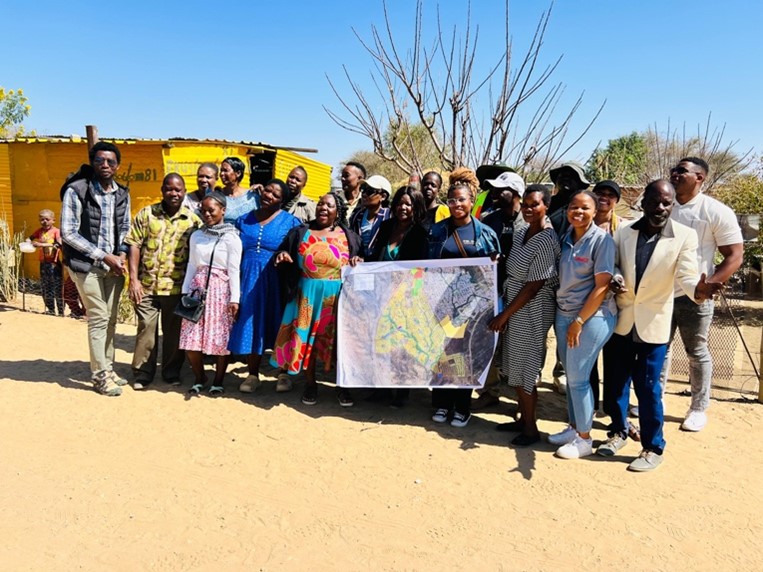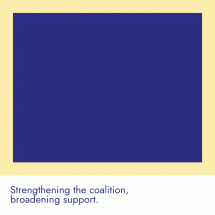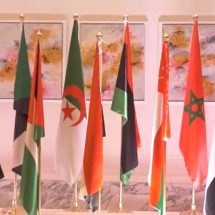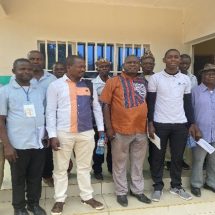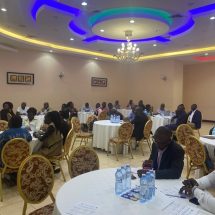In a press statement released on 2 August 2024, the Municipality of Okahandja recognized the efforts of GLTN partners in the recently completed Tenure Security Intervention undertaken in the informal settlements of Okahandja Municipality. The project, implemented from August 2023 to February 2024, strengthened the capacity of the Okahandja Municipality and created a lasting impact on the communities and the stakeholders involved, instilling confidence in the effectiveness of our approach to enable discussion and planning towards the security of tenure.
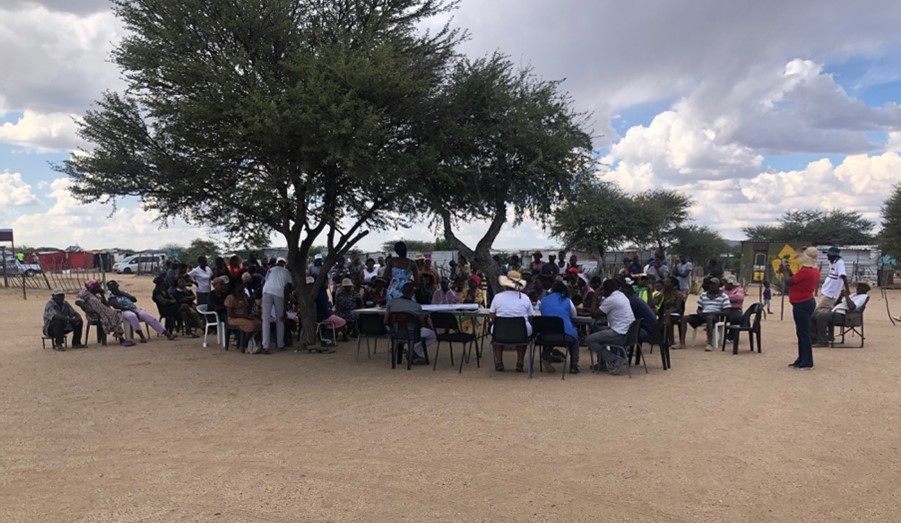
The GLTN collaboration with local partners NHAG (Namibia Housing Action Group), SDFN (Shack Dwellers Federation of Namibia) and NUST (Namibia University of Science and Technology) has significantly bolstered the capacity across different levels in managing land tools, thereby transforming informal settlements in Okahandja, Namibia. The project was focused on Tenure-Responsive Land Use Planning (TRLUP), which involved comprehensive community engagement, data collection, planning and the implementation of the Social Tenure Domain Model (STDM).
Through a series of training workshops, local government officials and community members were equipped with the necessary skills to use STDM and other digital tools like KoboCollect and Penmap of the geospatial technology company-Trimble, for land data collection and management. These efforts culminated in the successful enumeration and mapping of five settlements, involving over 12,000 residents, and the issuance of certificates of recognition for residential occupation. This process not only enhanced the accuracy and reliability of land data but also empowered the local community by involving them directly in the planning and decision-making processes. This led to the significant outcome of municipal-approved layout plans and internal policy development through the adoption of a council resolution to support TRLUP activities. The project closing ceremony highlighted that a local strategy for securing tenure was devised to foster a culture of participation and pro-poor innovative interventions. The process was empowered by the active involvement of local government officials and the community leaders. The advocacy of TRLUP was furthered by developing a local training guide on implementing TRLUP.
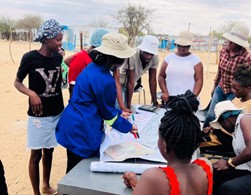
The beneficiaries of this project have expressed their appreciation for the increased security of tenure and the improvements in their living conditions. The active participation of community members in data collection and planning studios facilitated a sense of ownership and transparency, which was crucial for the project’s success. The project’s impact extended beyond immediate benefits, setting a precedent for similar initiatives in other towns and contributing to the broader goal of sustainable urban development in Namibia.
Considering the significance of the project, Okahandja is gaining popularity as a learning centre for good practice in participatory informal settlement upgrading. International learning exchanges were held with the Botswana Federation known as the Botswana Homeless and Poor People’s Federation and its support organisation, Trust for Community Initiative as well as a separate delegation from the Kenyan Federation of Slum Dwellers International. There was also a learning exchange from the Shack Dwellers International (SDI) Secretariat and its affiliates from Zambia, Eswatini, Brazil, Zimbabwe, Uganda, South Africa, Senegal, Philippines, Malawi and Botswana and local federation members from all 14 regions in Namibia. These exchanges promoted the sharing of knowledge, lessons learned and achievements to improve local practices.
The success of the TR-LUP project in Okahandja highlights the critical role of GLTN in promoting tenure security through innovative land tools and capacity-building initiatives. By fostering strong partnerships between local authorities, communities, and technical experts, the project has not only addressed immediate land tenure issues but also laid the groundwork for scalable, long-term solutions in land governance.
